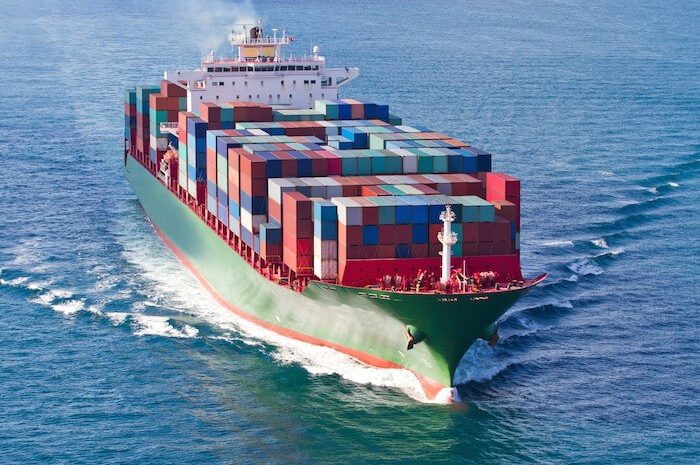Understanding Voyage Charter: A Complete Guide for Chartering a Vessel
In the world of maritime logistics, chartering a vessel is one of the most common and efficient methods of transporting cargo across international waters. Among the different types of charter arrangements, voyage charter is particularly popular for those looking to transport a specific quantity of cargo from one port to another. This article explores the key aspects of a voyage charter and what shippers should consider when looking to charter a vessel.
What is a Voyage Charter?
A voyage charter is a contract where the shipowner agrees to carry a specific cargo on a single voyage between designated ports. In this arrangement, the charterer pays freight for the transportation of the cargo but does not take control of the vessel itself. The owner retains responsibility for operating the vessel, including providing the crew, maintaining the ship, and covering operational costs such as fuel and port fees.
Voyage chartering is ideal for companies that need to move large volumes of cargo without committing to long-term vessel use. This flexibility makes it attractive in industries like mining, agriculture, and energy, where bulk shipments are frequent but irregular.
Key Components of a Voyage Charter
When you decide to charter a vessel under a voyage charter, the contract typically includes the following elements:
- Cargo Description: The type, quantity, and condition of cargo to be transported.
- Ports of Loading and port of Discharge: The agreed locations where the cargo will be loaded and unloaded.
- Laycan Period: A window of time during which the vessel must arrive at the port of loading.
- Freight Rate: The agreed price for transporting the cargo, often quoted per metric ton or lump sum.
- Demurrage and Despatch: Penalties or rewards based on how long loading and unloading take compared to the agreed laytime.
Advantages of Voyage Charter
One of the biggest advantages of a voyage charter rather than other type of charter is that it allows companies to move cargo without the burden of operating or maintaining a vessel. Since the shipowner handles all vessel-related responsibilities, the charterer can focus solely on the cargo.
Additionally, the fixed freight cost provides budget certainty for shippers, making it easier to plan logistics and manage costs.
Important Considerations When Chartering a Vessel
1 Vessel Suitability: Ensure the vessel is appropriate for your cargo type, especially if dealing with hazardous or temperature-sensitive goods.
2 Reputation of Shipowner: Work with a reliable and experienced shipowner or broker like wellfast company to avoid legal issues, or equipment failures.
3 Charter Party Agreement: The terms of the contract should be clear and reviewed by legal professionals, particularly clauses about delays, damages, and insurance. It should be noted that Our company benefits from experienced lawyers and a specialized technical team in this regard.
Laytime and Demurrage: Understand how these are calculated to avoid unexpected charges.
Common Markets for Voyage Charter
Voyage charters are common in bulk cargo markets, including:
- - Iron ore and coal
- - Grains and agricultural products
- - Crude oil and refined petroleum
- - Construction materials like cement and clinker
For example, a company exporting iron pellets from Bandar Abbas, Iran to Egypt might choose to charter a vessel on a voyage basis to deliver a 50,000-ton shipment efficiently and cost-effectively.
How to Find the Right Vessel for Charter
Chartering platforms like shipforsales.ae make it easy for shippers and brokers to connect with vessel owners. These digital platforms offer searchable databases of available vessels by capacity, location, and type, allowing users to find the best match for their needs.
You can also work with a chartering broker, who acts as an intermediary between the shipowner and the cargo owner. Brokers help negotiate terms, confirm vessel suitability, and manage documentation.
Final Thoughts
Voyage chartering remains a vital tool in global trade, offering flexibility and cost-efficiency for transporting bulk cargo. Whether you're a commodity trader, freight forwarder, or exporter, understanding how to charter a vessel for a single voyage can significantly enhance your logistics operations.
By choosing the right vessel, negotiating clear terms, and working with reputable partners, you can ensure a successful and smooth shipping experience from port to port.


